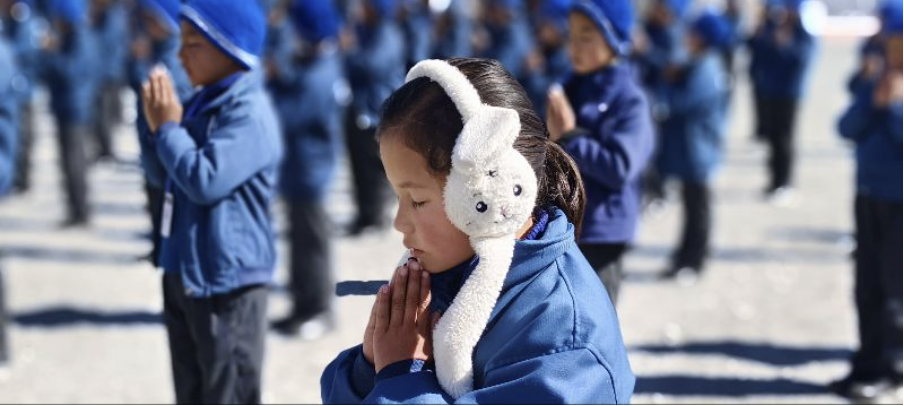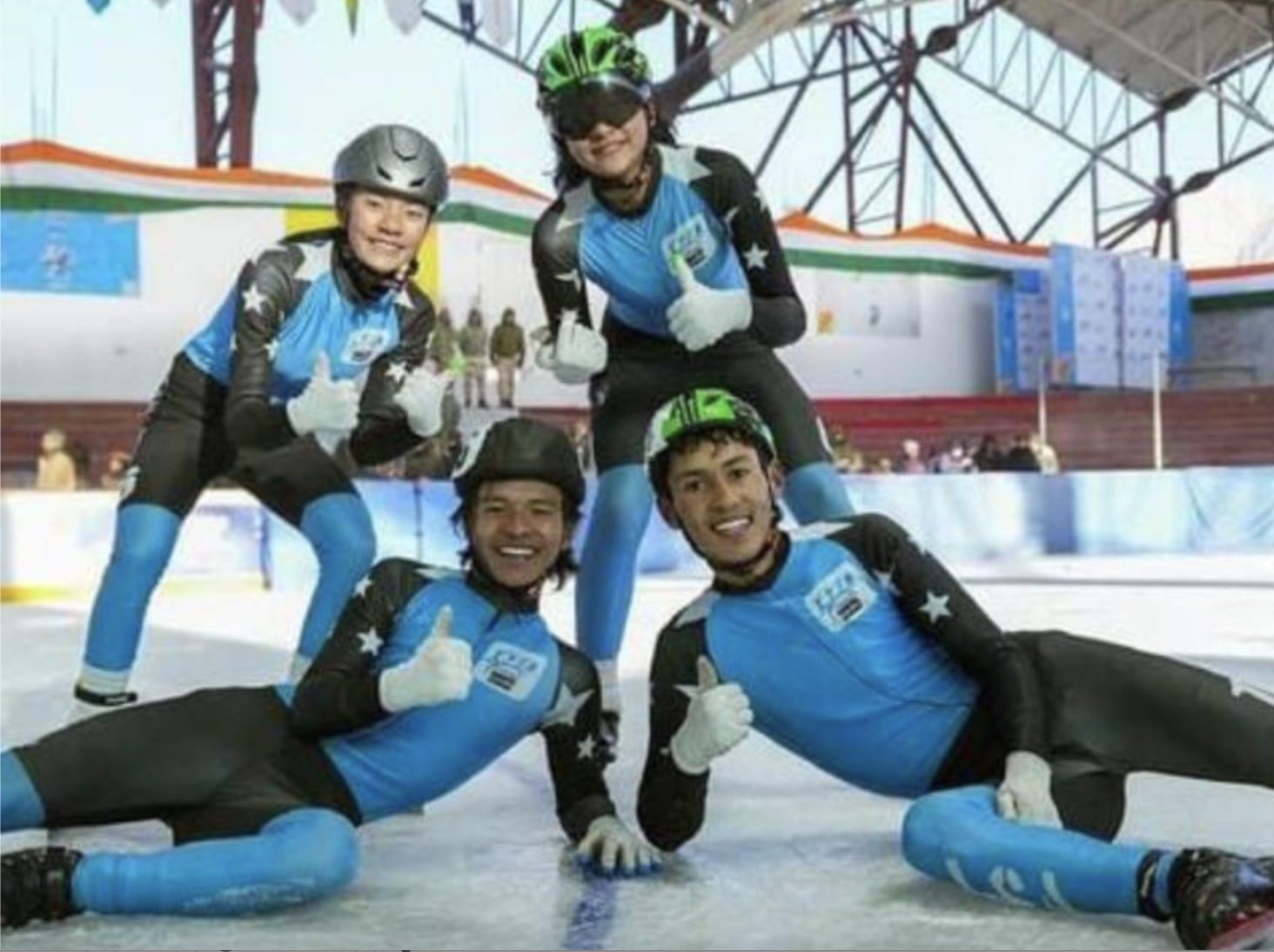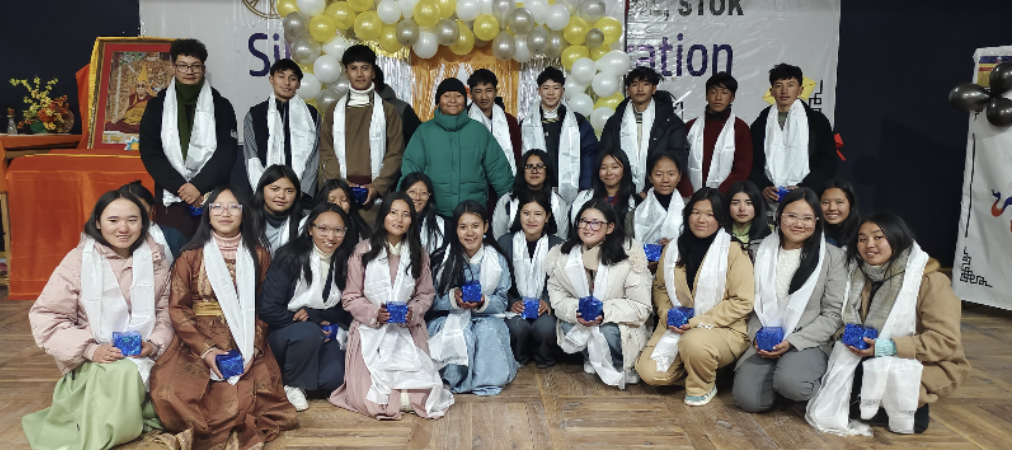Siddhartha School Students Sharing Their Lunches
The communal table is powerful. Especially when regular invitations go out to unlikely or even unwelcome guests. On its most basic level, eating together reinforces that we all have the same yearning, to satisfy our hunger and share companionship. Nothing is worse than trying to eat when you are angry, so people try to keep things pleasant, and find common ground in vocal disagreement. (My Greek family gets very vocal, and yet I never doubt their love, regardless of our ‘discussions’).
Tsewang Chuskit, a Siddhartha School graduate now studying at Smith College, told me that it was lunch time at her American school that took the most time to get used to. She was used to her Siddhartha classmates sitting in a circle. They’d put all their food in the middle, and pass each other the dishes they’d packed at home. She said it was unsettling that kids just ate from their trays and packed lunches without passing them around. (Watch Tsewang Chuskit’s high school graduation speech)
Khen Rinpoche and I talked a lot about this article in the Washington Post during a recent drive to Northampton. It tells an important story about a young Jewish student’s effort to extend a weekly Shabbat dinner invitation to a fellow classmate— a white power leader. The story is a powerful retelling of just how eating together led to shifting the hearts and minds of everyone sitting at the Shabbat table.

Matthew Stevenson, left, and Derek Black met at New College, in Sarasota, Florida. Stevenson eventually invited Black to join a diverse group for Shabbat dinners. (Photo credit: Matthew Stevenson)
A three-hour commercial flight with cramped, assigned seating and tasteless snacks is more likely to set off tempers than foster a fellowship with strangers. In a compelling story shared by Jiva Akbor, she reveals how she forged an unlikely friendship with a woman who refused to sit next to her on a flight after the woman saw her writing ‘Allah’ in a text.
Fortunately, what could have been just another ugly airplane story took a powerful, positive turn when Jiva Akbar engaged in conversation with her reluctant seat mate after the initial confrontation. Jiva said: ‘Before too long I could see remorse in her tone, I think she was shocked at her reaction, and the realization of what she had thought of me was setting in. In her own words she said, “It’s so scary what the media can make us think” and “I just panicked”.

Jiva, right, with her fellow passenger, Beverly (Photo credit: Jiva Akbor, Facebook)
Many of our Siddhartha School graduates go on to college somewhere outside of their homeland, gaining opportunities to make friends with people who grew up differently from them. Whether they go to study in Jammu, Srinagar, Delhi, Bangalore, Massachusetts, or Vermont, they are most often in the minority, even among Indians.
Stanzin Angmo, a freshman at Bennington College, loves her liberal arts college and the international, diverse group of friends she is making there. (View Stanzin’s Senior Speech at North Yarmouth Academy)
Angmo says, “I’ve met people from around the world at Bennington. Komal from Mauritius, Kim from Vietnam, and Michelle (my roommate) from Ecuador. They are my closest friends, and they are super nice and cool. When I arrived at the campus for International Student Orientation Day, I was very nervous to see and meet new people from different countries. But, after spending a few days with them, I realized it isn’t as hard as I anticipated. Even with my peers from different countries, who have totally different backgrounds including language, religion, and culture than my own, I felt really close to them in spite of our differences and found we all want the same things—to do well in school and make our communities and our families proud. They are my new family in this new place.”

From left to right—Angmo, Komal, Kim, and Michelle (Photo credit: Stanzin Angmo)


